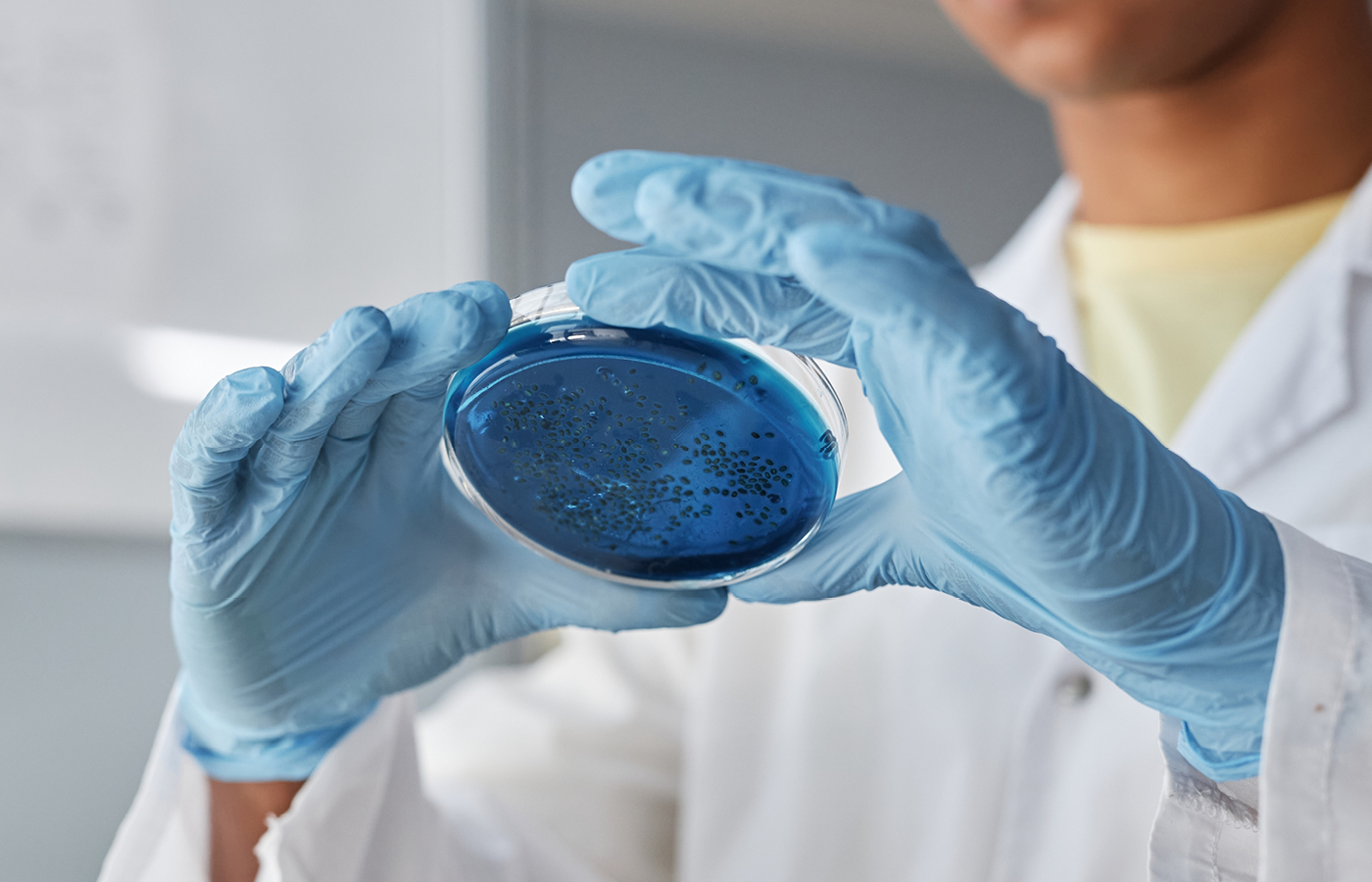blog:
How is the pharma industry striving for sustainability?

This blog looks at some of the changes that the life sciences industry is making to become more environmentally conscious.
The United Nations (UN) defines sustainability as protecting the environment, social inclusion, and economic growth to meet present needs without compromising the future.¹
The Paris agreement, signed at COP21 in 2015, stressed tackling climate change as a priority that required international cooperation.² As a result, many industries are introducing initiatives to change their working methods to meet the demands in the agreement.
This is no different for the pharma industry.
Responsible for 4.4% of global CO₂ emissions, the healthcare industry is introducing initiatives to help combat this challenge and become more environmentally conscious.³
Changes in the industry
In 2023, what key initiatives will the pharma industry employ to meet its sustainability goals?
“Net-zero” campaigns
Many large companies will introduce “net-zero” emissions campaigns. This involves setting ambitious goals and investing billions of dollars to reduce energy consumption, convert to more renewable energy sources, and work with reforestation organizations.
Some examples of strategies pharma companies are implementing include sourcing 100% of electricity from renewable resources, becoming carbon neutral across all operations, or reducing total absolute emissions by 46%.⁴
Reducing waste production
Changes to drug manufacturing by implementing lower emission process alternatives aim to help reach environmental sustainability goals without compromising production efficiency.
Pharma and biopharma companies are also working to reduce the amount of waste produced and enhance recycling capabilities.
As a result, they are investing more in sustainable, reusable, or recyclable packaging and acquiring materials from sustainable sources.
Advancements in biologic production and the rapidly growing market are also aiding sustainability, with biologic production typically using fewer harsh conditions and chemicals and leading to the production of less waste.
Social sustainability
Healthcare is a basic human right but getting treatment to those who need it can be challenging – a problem highlighted during COVID-19.
Many companies are investing in targeted initiatives to ensure the worldwide availability of healthcare, focusing on developing countries. In addition, ongoing work aims to make medicine more affordable through tiered pricing or micro-financing techniques.
Ensuring economic growth
Companies must also consider economics while pursuing environmental and social sustainability. Large amounts of money are invested in the life sciences industry, and investors want to see a return on investment (ROI). Therefore, careful planning is essential to meet sustainability goals while ensuring economic growth.
The role of communications in sustainability
Pharma companies are looking for their partners (CDMOs, CPOs, CROs, etc) to support their sustainability agendas and demonstrate their commitment as part of the partner selection process. It is, therefore, important for partners to be transparent about their sustainability efforts.
As a specialist life science marketing agency, ramarketing understands the importance of sustainability. As a key topic at the 2022 CPHI Worldwide conference in Frankfurt, we heard about the efforts life science companies are making to achieve a greener future.
Having formed our own environmental, social, and corporate governance (ESG) committee, we are committed to playing our part in working toward a sustainable future. We are beginning our sustainability journey by considering our own environmental impact and we are focused on supporting our local communities, colleagues, and connections to prioritize sustainability.
We support ambitious companies to grow and get noticed in life sciences. Contact our expert team to see how our life science marketers can communicate your sustainability efforts today.
1. Sustainability | United Nations
2. The Paris Agreement | United Nations
3. HealthCaresClimateFootprint_092319.pdf (noharm-global.org)
Related news, insight and opinion




